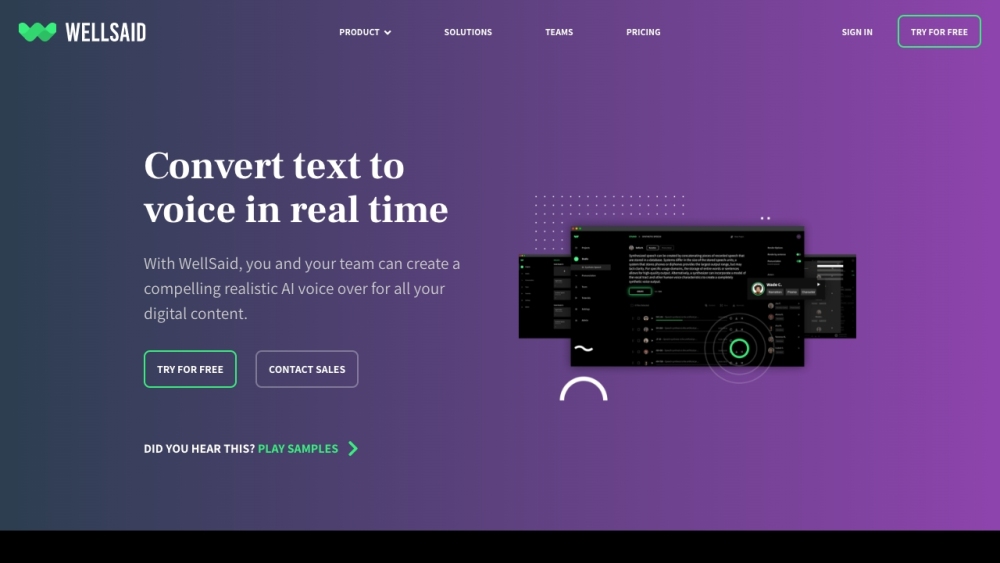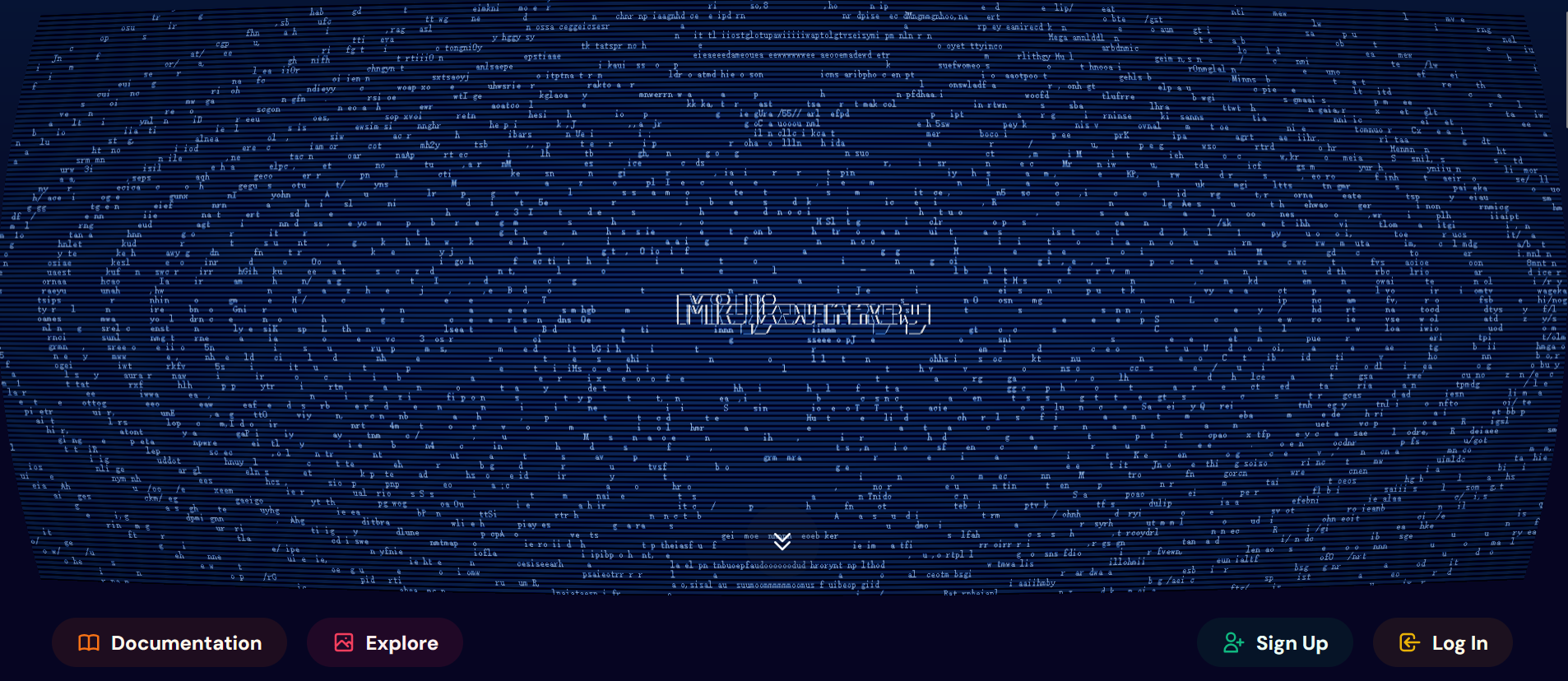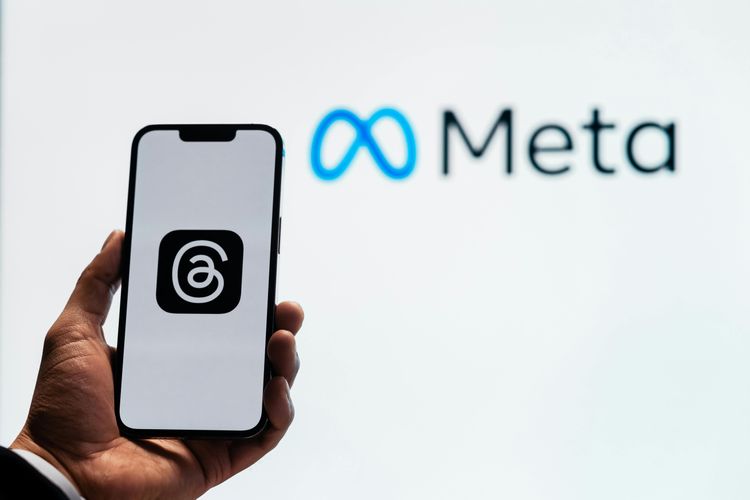IndiaAI Mission's COO Kavita Bhatia Announces GPU Resources for Second Round of Expressions of Interest Participants
Most people like

In today's fast-paced world, an AI assistant can revolutionize the way you approach everyday tasks. From managing schedules to providing personalized recommendations, these intelligent tools are designed to enhance your productivity and streamline your workflow. Embrace the power of AI and discover how it can simplify your life while tackling a multitude of responsibilities. Explore the endless possibilities of an AI assistant tailored to meet your needs.

WellSaid Labs is a leading AI voice platform renowned for delivering high-quality real-time voiceovers with exceptional clarity and naturalness.

Best AI Video Animation Tools for TikTok and Facebook
Unlock the potential of your social media presence with cutting-edge AI video animation tools specifically designed for TikTok and Facebook. These innovative technologies allow creators and marketers to effortlessly produce engaging, high-quality animations that captivate audiences. Whether you're looking to enhance brand visibility or entertain followers, the right AI tools can elevate your content, making it stand out in a crowded digital landscape. Discover the top options available to transform your video projects today!
Find AI tools in YBX


